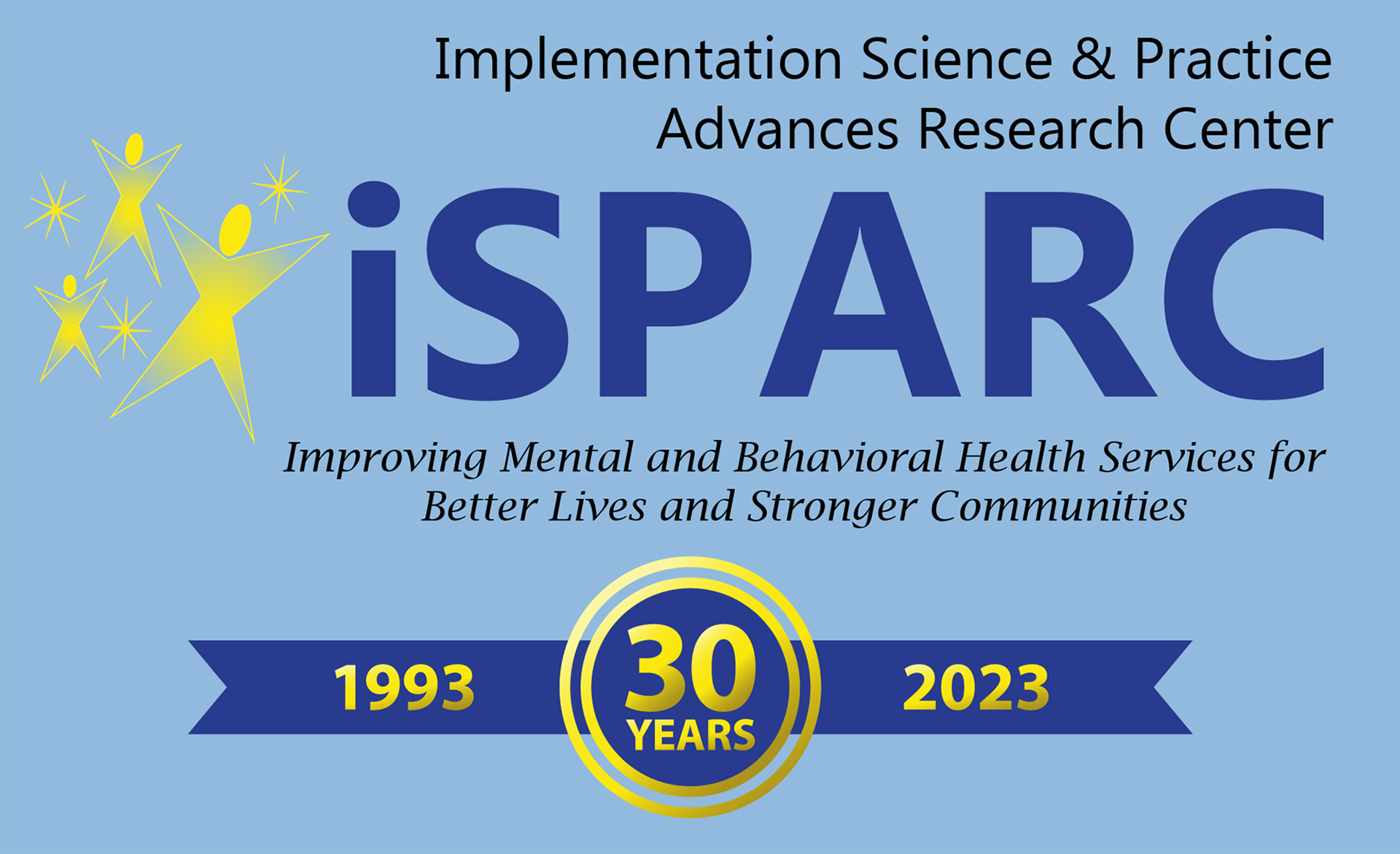iSPARC Centers & Programs
-
Center on Knowledge Translation for Employment Research
CeKTER promotes the use of employment research findings & research-based products by people with disabilities, employers, employment service providers, vocational rehabilitation professionals, and policy makers with the goal of improving services, approaches, practices, and policies that support improved outcomes of people with disabilities.
-
Community Engagement Programs
iSAPRC's Community Engagement mission is to lead the mental health research community and beyond in a working partnership with individuals with lived mental health experience, their families, and the agencies that serve them.
-
DeafYES! Center for Deaf Empowerment and Recovery
DeafYES! is a culturally-based, Deaf-positive center for behavioral healthcare, research, and training located at UMass Chan Medical School in Worcester, MA. -
DMH Workforce Technical Assistance Program
The iSPARC Technical Assistance/Consultation and External Funding Program is responsible for providing basic and intensive technical assistance (TA) services to MA DMH and its contracted providers.
-
Law & Psychiatry Program
Faculty of the Law and Psychiatry Program engage in research activities that pertain to forensic or justice-related issues. During its 25-year history, the Program’s most important studies have made major contributions in several areas.
-
Lifeline for Moms
Lifeline for Moms provides expert training, consultation, implementation assistance for organizations and states working to develop integrated perinatal mental health programs.
-
Program for Clubhouse Research
The Program for Clubhouse Research (PCR), led by Colleen McKay, MA, CAGS, conducts research with clubhouse programs and other academic institutions. The PCR provides effective communication, technical assistance, and dissemination of information to consider participation in clubhouse research projects.
-
Transitions to Adulthood Center for Research (Transitions ACR)
Our mission is to promote the full participation in socially valued roles of transition-age youth and young adults (ages 14-30) with serious mental health conditions. We use the tools of research and knowledge translation in partnership with this at risk population to achieve this mission.
